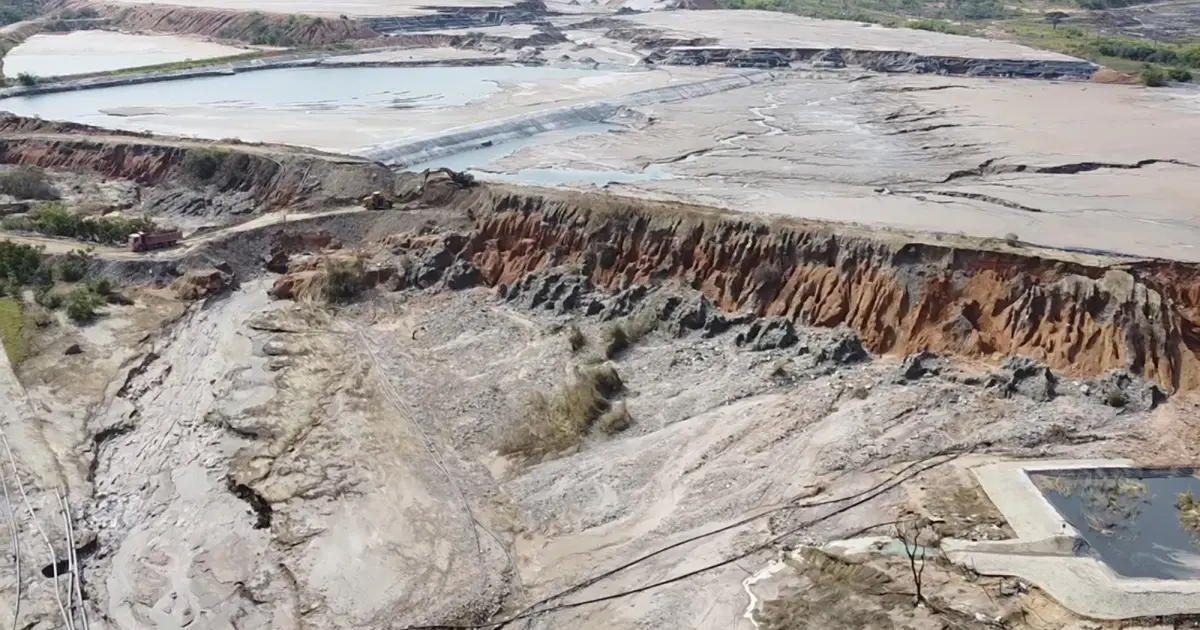Mining Other

Zambia urged to investigate toxic spills caused by mining activity

Human Rights Watch (HRW) called on Zambian authorities on Thursday to investigate the consequences of acid spills released into water following the rupture of a dam holding mining waste, which has polluted the soil and affected the livelihoods of citizens.
The rights organization stated that reports on the effects of the toxic spill mandate that the Zambian government conduct investigations into the impacts of this leak on citizens’ health and take the necessary measures to prevent further harm. HRW’s senior Africa researcher stressed that the country’s authorities bear an obligation under the Environmental Management Act, the African Charter on Human and Peoples’ Rights, and the International Covenant on Economic, Social, and Cultural Rights to safeguard the affected communities’ rights to health and a healthy environment.
The acid spills occurred on February 18, when a dam holding mining waste from the Chinese company Sino-Metals Leach Zambia failed in Copperbelt province, resulting in the release of toxic waste into the Kafue River. This incident not only caused significant environmental damage by killing fish and livestock, burning maize and groundnut crops, but also wiped out the livelihoods of local farmers. Additionally, residents now face health risks that may persist for decades.
A Zambian environmental organization reported to HRW that residents in the affected area unknowingly consumed contaminated water and maize, resulting in widespread health issues such as coughs, headaches, and muscle cramps. A travel advisory from the Finnish Ministry of Foreign Affairs indicated that 16 water samples from the contaminated river contained heavy metals, including nickel, lead, and arsenic, at concentrations exceeding World Health Organization thresholds. Consequently, the rights group recommended a comprehensive investigation involving both international and national experts to assess environmental health risks and to test affected citizens for metal poisoning.
HRW also criticized the government’s response, stating that certain measures were inadequate and failed to meet the scale of the disaster and ordering Sino-Metals to restore the polluted river, compensate more than 500 local farmers, and use lime to reduce water acidity. However, local environmental activists reported increasing health problems among residents, and some individuals complained they had not received the promised compensation.
Mining has been central to Zambia’s economy since the 1930s, establishing the country as a major global producer of essential metals such as copper and cobalt. However, harmful mining practices have caused severe environmental and health consequences, including soil contamination and lead poisoning. In 2023, Zambian communities filed a lawsuit against Anglo American South Africa for toxic lead contamination in local communities.
In March 2025, HRW published a report documenting detrimental mining practices in Zambia and accused the government of exacerbating lead poisoning by failing to implement effective strategies. More recently, HRW released another report detailing the environmental impacts of a South African firm’s mining activities in Kabwe municipality and called for accountability for companies that violate environmental regulations.












